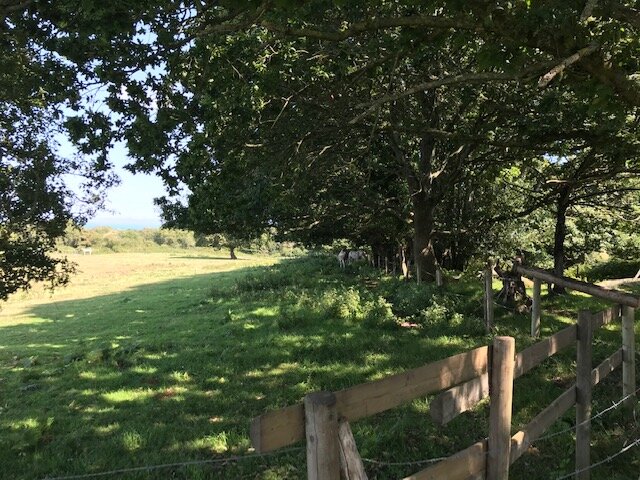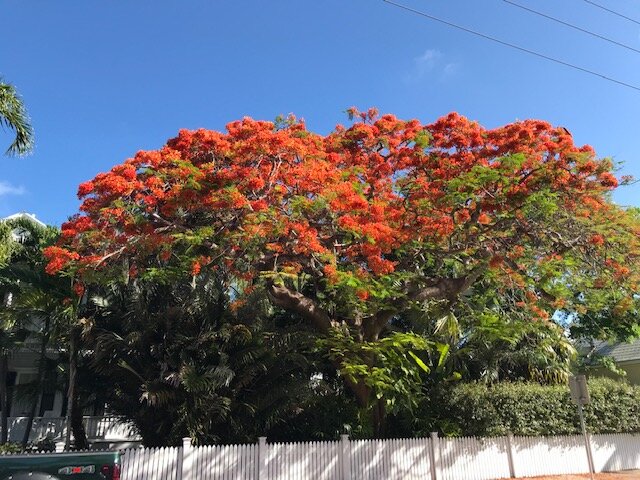Notes On A Writing Life / 28
August 14 2021
Dear All,
As I’ve been walking across the hills of Dorset, in the south-west of England, I’ve thought about writers walking through the centuries. A certain thought-process develops as you put one foot in front of the other. Story is progress, after all - one thing after another. You turn a mental corner, come across a new view, see something illuminated more clearly than another, just as you do when physically walking. Landscapes open up to you. The placing of a foot upon the earth is a statement, as is putting down a sentence. Movement, the movement of a body on the ground, demands bone and muscle. You walk (or run), you think, (or stop thinking) – and movement begins to occur in the mind. Fragments of dialogue, sometimes, a new theme, a detail that matters, a twist of narrative. Walking alone across landscape: for me, here, walking across land I have crossed scores of times in my life, a well-known, well-loved path, yet never predictably the same.
“We walk to escape the world we know – in my case to be free of the constrictions of lockdown, the clutter and noise of the place I live in, to stretch limbs that haven’t really stretched for over a year. And something begins in the mind, a connection with the earth, a sense of its reality, and of our own ability to move in it. ”
Thomas Hardy’s characters come to mind, trudging across this part of the country: Jude, walking to Christminster, Tess Durbeyfield, the reddleman, Eustacia Vye, Gabriel Oak. It’s the working-class characters who walk, of course; the others cross the land on horseback, asserting the superiority of horsemen. Yesterday, one person – a woman – on a horse, as I trudged. Yes, I felt brief envy at her surge forward into a canter uphill. But it’s on foot that you feel the oldness of the land, the chalk and stone under grass, and notice the particularities of its wild flowers and birds. Harebells, scabious, even wild orchids. A hunting hawk. And on the way home, the first tart ripe blackberries from the hedgerow.
Robert Louis Stevenson walked across the Cevennes in south-western France, with a donkey for company and baggage-carrier. Slow progress. But he was a man from the city, escaping from an unhappy love affair. Hardy’s characters don’t escape – they trudge on. These days, writers walk deliberately, as RLS did, rather than having walking as their only means of travel. We walk to escape the world we know – in my case to be free of the constrictions of lockdown, the clutter and noise of the place I live in, to stretch limbs that haven’t really stretched for over a year. And something begins in the mind, a connection with the earth, a sense of its reality, and of our own ability to move in it. Pilgrimage depends on this: one foot after the other, on a path made sacred over centuries. Walking to Santiago de Compostela, blisters and all, a few years ago, I felt my own body altered by it. Something like coming down from space, I imagine, and re-establishing a connection with gravity. We need gravity. We need walking. We need to feel our bones’ connection with the old ways, this ancient earth.
Go well, however you move across the world – in mind, in body.
Affectionately, Ros










































